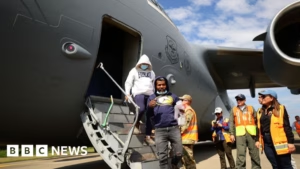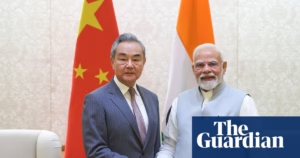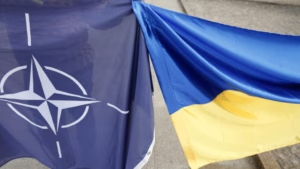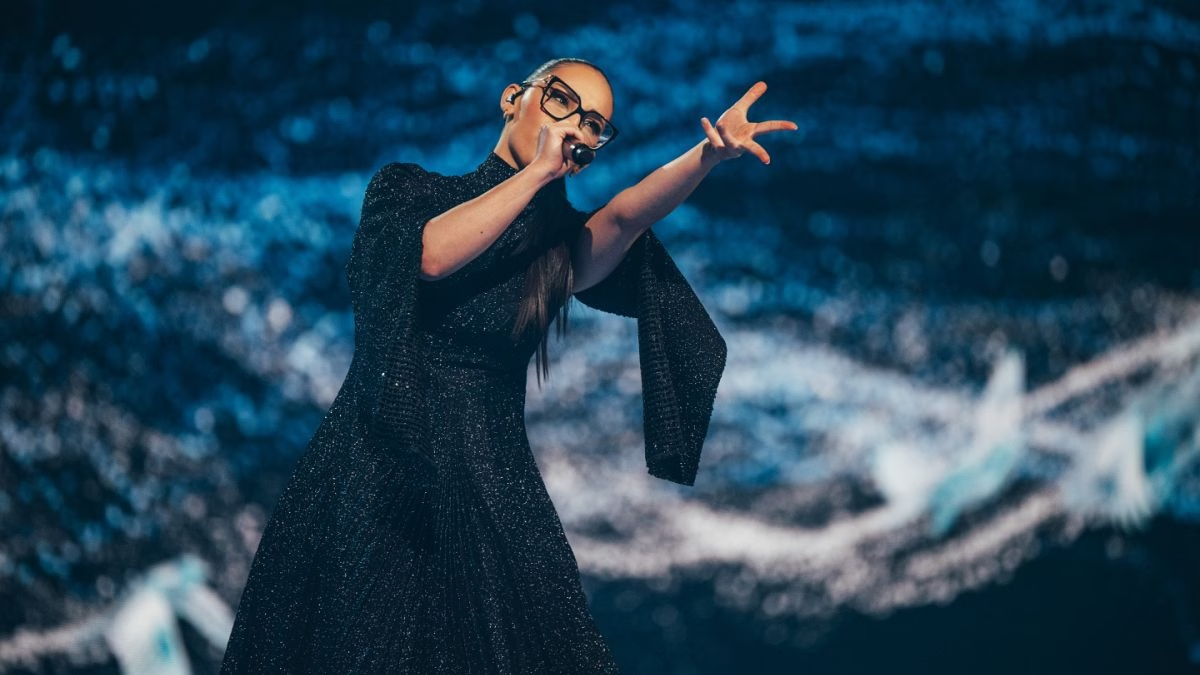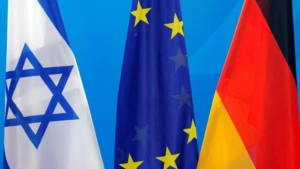Euronews Culture met with Klavdia, a rising star in the Greek music scene and the country’s representative at this year’s Eurovision Song Contest.
Many Greeks are pinning their hopes on her to bring the trophy back home, exactly 20 years after Helena Paparizou’s iconic win.
Curiously, Paparizou herself mentored Klavdia during her time on The Voice of Greece, where the young singer reached the finals.
Since then, Klavdia has released platinum-selling singles and built a following of over 200,000 on TikTok.
Now 22, Klavdia is bringing her song ‘Asteromáta’ to the European stage, having secured her place at Eurovision by winning Greece’s national selection contest.
“The vibe here is amazing. The energy of the team is really high. We love being here,” she tells Euronews Culture.
Rehearsals are well underway, with artists having their first stage run-throughs and dress rehearsals.
“We’re having so much fun. It’s better than I thought it would be,” Klavdia confesses.
The meaning behind ‘Asteromáta’
For the second year in a row, Greece is sending a Greek-language song to Eurovision, following Marina Satti’s ‘Zari’, which placed 11th and received attention beyond Greece.
“Asteromáta in English means ‘starry-eyed’ – eyes that look like stars, beautiful eyes,” Klavdia explains.
Her ethnic ballad is emotionally powerful, touching on themes of displacement and survival, with undertones that some interpret as referencing refugee experiences.
Klavdia, who is of Pontic Greek descent – a community historically persecuted during and after World War I – has sparked discussions. The word ‘asteromáta’ was once used in Pontus’ Smyrna to describe women with striking, bright eyes, adding symbolic weight.
While Klavdia has downplayed any specific connection to that history in interviews, speculation has prompted political reactions in Türkiye, which has historically denied the genocide of Pontic Greeks.
“The song talks about separation from loved ones, your family, your friends, and having to leave your home,” she says.
Political controversy isn’t new to Eurovision. From Joost Klein’s disqualification last year to ongoing disputes surrounding Israel’s participation, the contest often finds itself at the centre of drama.
But Klavdia remains unfazed: “I came here really determined to enjoy everything, to connect with people, to make friends and enjoy this musical journey with positive vibes. Music is here to unite people all over the world, not to divide us.”
A strong Greek identity
Though Asteromáta is sung in Greek, Klavdia believes it carries a universal message.
“I think anyone can relate to the song through their own emotions, experiences, and memories,” she said.
She hopes non-Greek speakers will connect through her expression, stage presence, and voice. “I’ll try my best, and I really hope they feel what I feel when I sing this song.”
While the song is modern in production, it’s deeply rooted in Greek tradition.
“We’ve used traditional Greek melodies and vocal runs, and even included ‘to klarino’, the classic clarinet in Greek music,” she explains.
For Klavdia, the use of the Greek language and elements is not a barrier but an asset. “I think it’s beautiful that countries can sing in their native languages and showcase their culture. That’s what Eurovision is all about.”
As for staging, Klavdia hints at a visual surprise that will align with the song’s message. “We want something that connects with the song but also amazes you, something that makes you say, ‘Oh, I wasn’t expecting that.’”
The girl with the glasses
Klavdia is also bringing personal elements with her, including her now-signature glasses.
“My glasses are a lucky charm for me. I think they’re a good feature that makes me stand out.”
She’s also wearing her grandmother’s earrings on stage, the same ones she wore during the national final.
“They’re my lucky earrings. I wore them for the national final, and I think they brought me good luck.”
Her grandmother, also named Klavdia, was forced to flee from Pontus to the Soviet Union. Klavdia’s parents were born and raised there before the family returned to Greece in 1991.
She’s also brought from Greece a necklace with the iconic Greek eye, a gift from her mother.
“These are two people I really love. My mom and my grandma. And they love me too,” she says with a smile.

